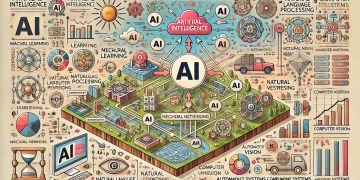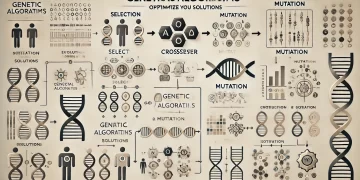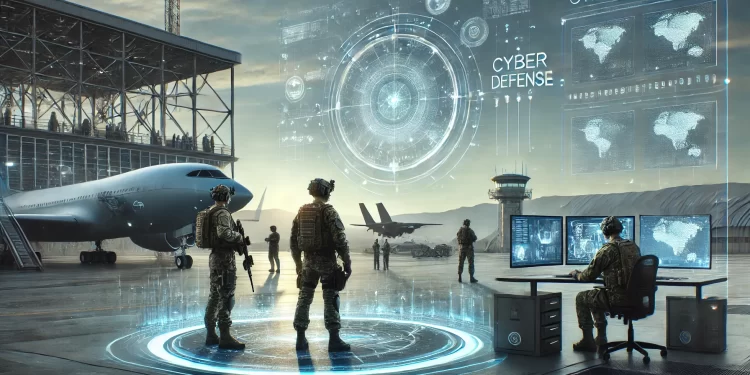Artificial Intelligence (AI) is modernizing military and defense operations, enhancing strategic planning, decision-making, and battlefield effectiveness. From autonomous systems and cybersecurity to intelligence analysis and logistics, AI-driven technologies provide a significant edge in modern warfare. This article explores various AI use cases in military and defense, detailing its applications in autonomous weapons, surveillance, cybersecurity, logistics, training, and predictive maintenance.
1. Autonomous Weapons and Combat Systems
AI-powered autonomous weapons are transforming combat operations. These systems include unmanned aerial vehicles (UAVs), autonomous ground vehicles, and robotic soldiers equipped with advanced AI to identify and engage targets. AI-driven combat systems enhance precision, reduce human risk, and provide real-time situational awareness to military forces.
2. Surveillance and Reconnaissance
AI is crucial in military surveillance, utilizing machine learning algorithms to analyze satellite imagery, drone footage, and sensor data. AI-enhanced surveillance systems can detect and track enemy movements, identify threats, and provide actionable intelligence. Deep learning models improve target recognition, enabling rapid decision-making in combat scenarios.
3. Cybersecurity and Threat Detection
With increasing cyber threats, AI-driven cybersecurity solutions help detect and neutralize cyberattacks in real time. AI models analyze network activity, identify anomalies, and predict potential security breaches. Military organizations leverage AI-powered threat intelligence to protect sensitive data, communications, and critical infrastructure.
4. Strategic Decision-Making and Wargaming
AI assists in military strategy by simulating war scenarios and analyzing potential outcomes. Machine learning algorithms process vast datasets, enabling commanders to make data-driven decisions. AI-powered wargaming tools predict enemy tactics, optimize resource allocation, and enhance military planning.
5. Logistics and Supply Chain Optimization
Efficient logistics are essential for military operations. AI improves supply chain management by predicting equipment failures, optimizing inventory, and automating transportation routes. AI-driven logistics systems ensure timely delivery of supplies, minimizing operational disruptions in combat zones.
6. AI-Powered Training and Simulation
AI enhances military training through virtual reality (VR) and augmented reality (AR) simulations. These AI-driven simulations provide realistic combat training, enabling soldiers to practice decision-making under stress. AI-powered training systems analyze trainee performance, offering personalized feedback and improving operational readiness.
7. Predictive Maintenance for Military Equipment
AI-driven predictive maintenance ensures the reliability of military assets such as aircraft, tanks, and naval vessels. Machine learning models analyze equipment performance data, identifying potential failures before they occur. Predictive maintenance minimizes downtime, reduces costs, and enhances mission success rates.
Conclusion
The integration of AI in military and defense operations is reshaping modern warfare. From autonomous combat systems and cybersecurity to logistics and training, AI-driven technologies enhance operational efficiency and strategic superiority. As AI continues to advance, its role in military applications will expand, further transforming defense strategies and national security.
References
- Allen, G., & Chan, T. (2017). Artificial Intelligence and National Security. Center for a New American Security.
- Binnendijk, H. (2021). AI and the Future of Warfare. RAND Corporation.
- Defense Advanced Research Projects Agency (DARPA). (2023). “AI in Military Applications: Progress and Challenges.”
- U.S. Department of Defense. (2022). AI Strategy for National Defense.
- NATO Review. (2023). “The Role of Artificial Intelligence in Modern Warfare.”
- The MITRE Corporation. (2022). AI and Autonomous Systems in Military Operations.




































